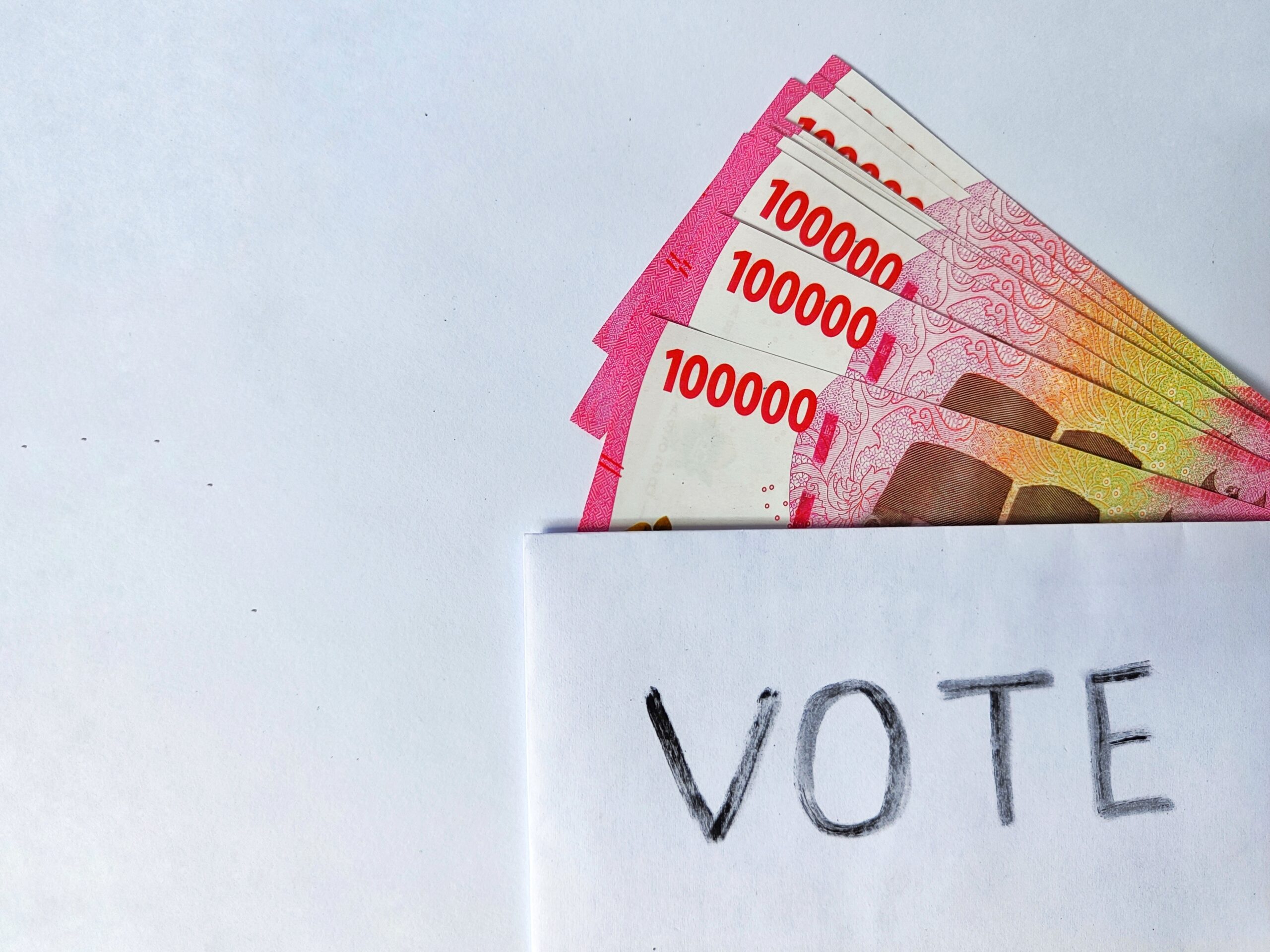
Crisis is often constructed to maintain power structure- Michel Foucault.
Society, politics, and economy shape the world. Power dynamics and economic interests control society as we navigate international relations and domestic government. Politics manipulates power by regulating resources and the public to achieve goals. Hobbes and Rousseau aimed to define the relationship between individuals, society, and the state. Hobbes imagined a “war of all against all,” where fear and survival instincts drove people to demand a robust and authoritarian government. Rousseau, however, stressed society’s corruption and unfairness after people claimed private property. These philosophical discussions are relevant today. Explore the rise of authoritarian regimes and populist leaders globally. Authoritarian governments in China, Russia, and even democratic states like the US and some European nations use fear and economic suffering to gain power. Like Hobbes’ authoritarian state to protect citizens from disorder, these regimes justify harsh actions as required for security and order.
The Manufactured Crisis and Fear as a Tool for Control
The article contends that governing elites frequently overstated or contrived global instability to rationalise authoritarian measures, employing modern technology, social media, and propaganda to evoke dread. Global leaders have constructed narratives of persistent external threats, including terrorism, economic downturn, and cultural degradation, to secure widespread endorsement for authoritarian policies. Instances encompass Russia’s depiction of the West as a menace to national sovereignty, China’s justification of dissent suppression through Western influence, and the US post-9/11 “War on Terror,” which restricted civil freedoms via the Patriot Act. Additional examples encompass Turkey’s reaction to a thwarted military coup, Brazil’s emphasis on crime and corruption, Hungary’s manipulation of the refugee crisis, Egypt’s suppression of dissent under the pretext of combating terrorism, India’s citizenship legislation inciting apprehensions among minorities, and Israel’s depiction of existential threats to rationalise violence against Palestinians. These instances illustrate the use of fear related to terrorism, crime, immigration, and instability to strengthen authority and uphold authoritarian governance.
The Role of Technology and Media
We are witnessing how governments worldwide have exploited digital media and crises, such as the COVID-19 pandemic, to justify authoritarian measures and accumulate power, often at the expense of civil liberties. Digital media has made spreading information and misinformation easier, allowing governments to amplify fear and enforce stricter regulations. Examples include China expanding its digital surveillance, India allegedly censoring social media, and Hungary’s Viktor Orban bypassing democratic oversight. In the Philippines, Duterte used lockdowns to suppress dissent, while Putin in Russia strengthened state control over media and public discourse by spreading misinformation. Brazil’s Bolsonaro downplayed the pandemic to maintain economic stability, leading to chaos, and Israel used digital tracking to monitor citizens. In the US, after the Capitol riot, the role of big tech in manipulating information raised concerns. These examples highlight how technology and media are leveraged globally to create fear and justify authoritarian rule, diminishing civil freedoms.
Rousseau’s concept of social inequality
Rousseau’s notion of social inequality is pertinent in contemporary politics, as developed and emerging countries encounter increasing economic disparities between the affluent and general populations. In numerous nations, individuals with economic influence can sway legislation, rules, and public sentiment to advance their interests, intensifying inequality and compromising democratic systems. In the United States, the Citizens United verdict has facilitated unregulated corporate involvement in politics, whereas, in India, the connections between political leaders and business magnates provoke apprehensions of cronyism. Brazil and Russia exemplify the manipulation of economic discontent by populist leaders who yet favour the affluent. Comparable processes are seen in South Africa, Mexico, and Nigeria, where economic inequality and political corruption obstruct changes. In both the UK and France, movements such as Brexit and the Yellow Vests highlight the discord between elites and the disenfranchised. These instances demonstrate how economic disparity influences political authority, corroborating Rousseau’s criticism of the concentration of power within a select few to the detriment of the many.
Theorising the Argument
The modern world presents an apparent dilemma: Are we genuinely facing crises, or are these crises deliberately manufactured to maintain power? While some threats are natural, it is undeniable that fear has often been exploited for political ends. Understanding the ideas of Hobbes and Rousseau offers a valuable lens for analysing how today’s political leaders maintain control. According to both philosophers, fear is central; Hobbes argues that people relinquish their freedoms to a strong ruler out of fear of violence and instability, while Rousseau believes the elite cling to power out of fear of losing their wealth and status. Political leaders manipulate this “manufactured crisis,” with the media amplifying the perception of constant danger, leading to societal submission and justification for authoritarianism. Examples include the post-9/11 surveillance expansions, the use of climate change and terrorism to justify control, rising economic inequality that empowers elites, and the extension of emergency powers during crises like COVID-19. This cycle of fear results in people trading their liberties for perceived security, ultimately giving way to greater state control.
In conclusion, as human civilisation undergoes a transformative phase, technology has simultaneously facilitated beneficial and detrimental effects on society. Consequently, it is imperative for citizens to critically evaluate “narratives of fear,” seek impartial information sources, and insist on transparency from their authorities. Society cannot regain its political and social agency or break the cycle of fear without doing this action.
